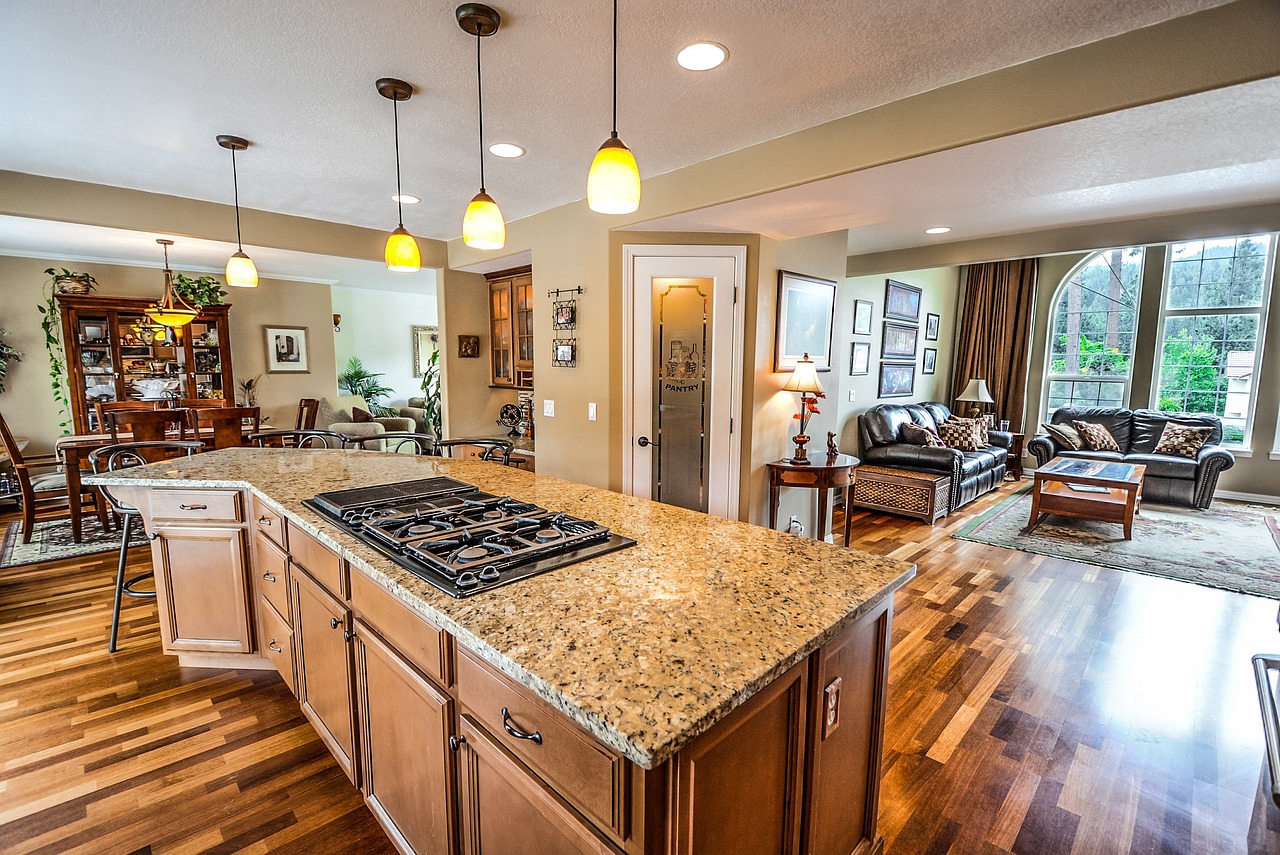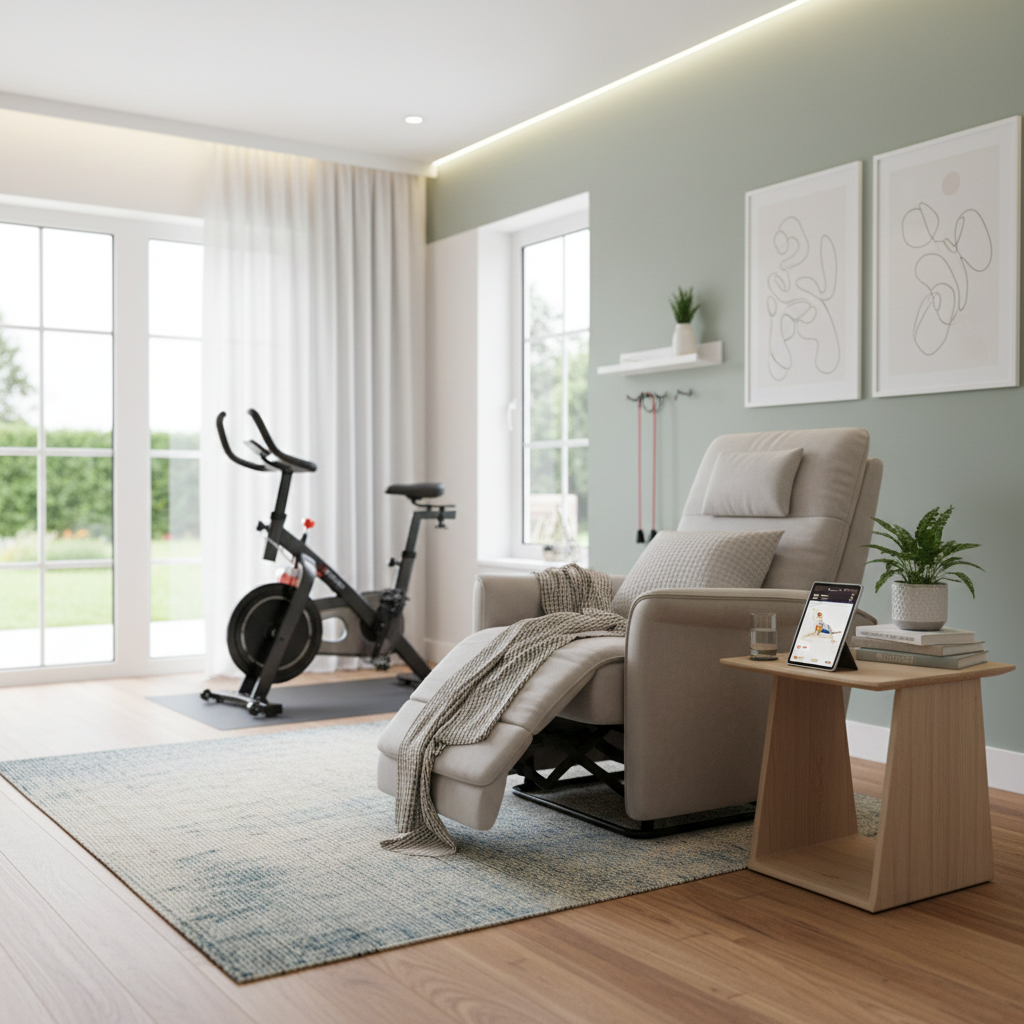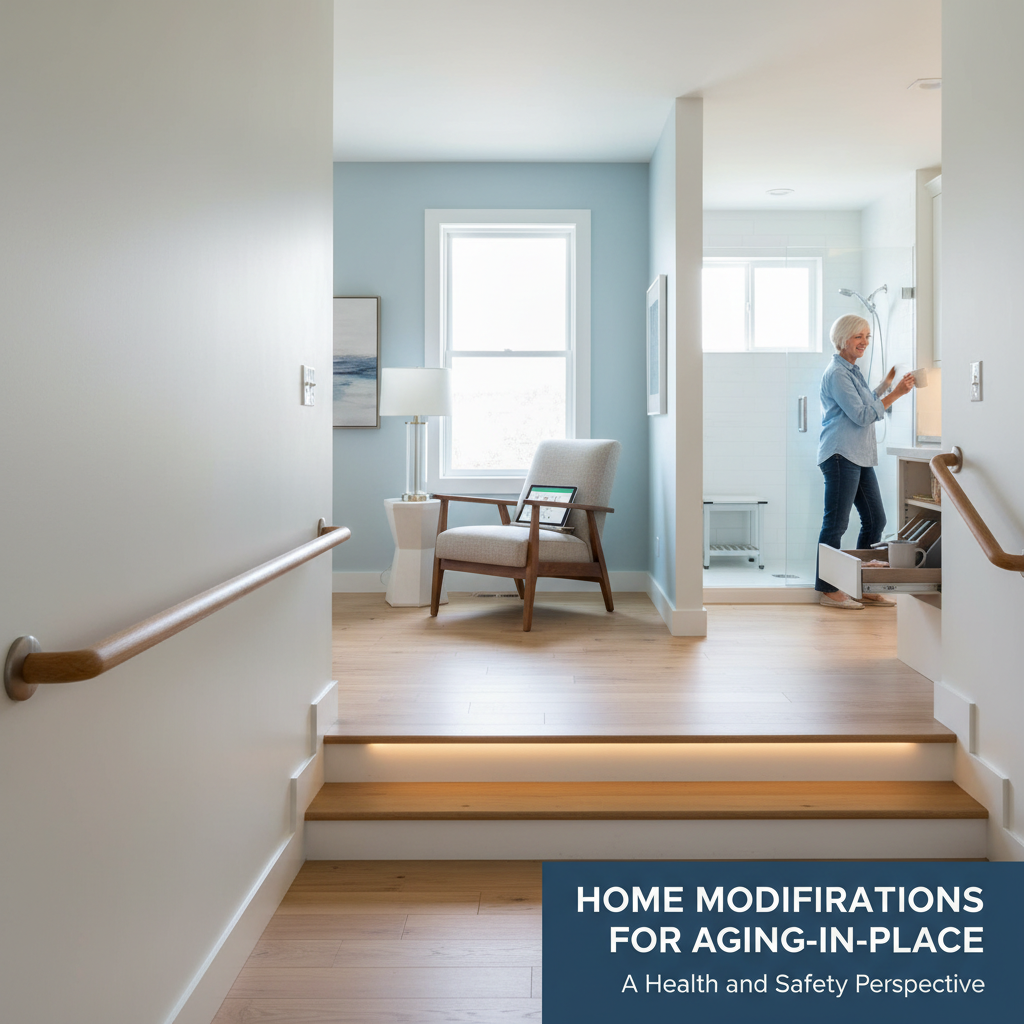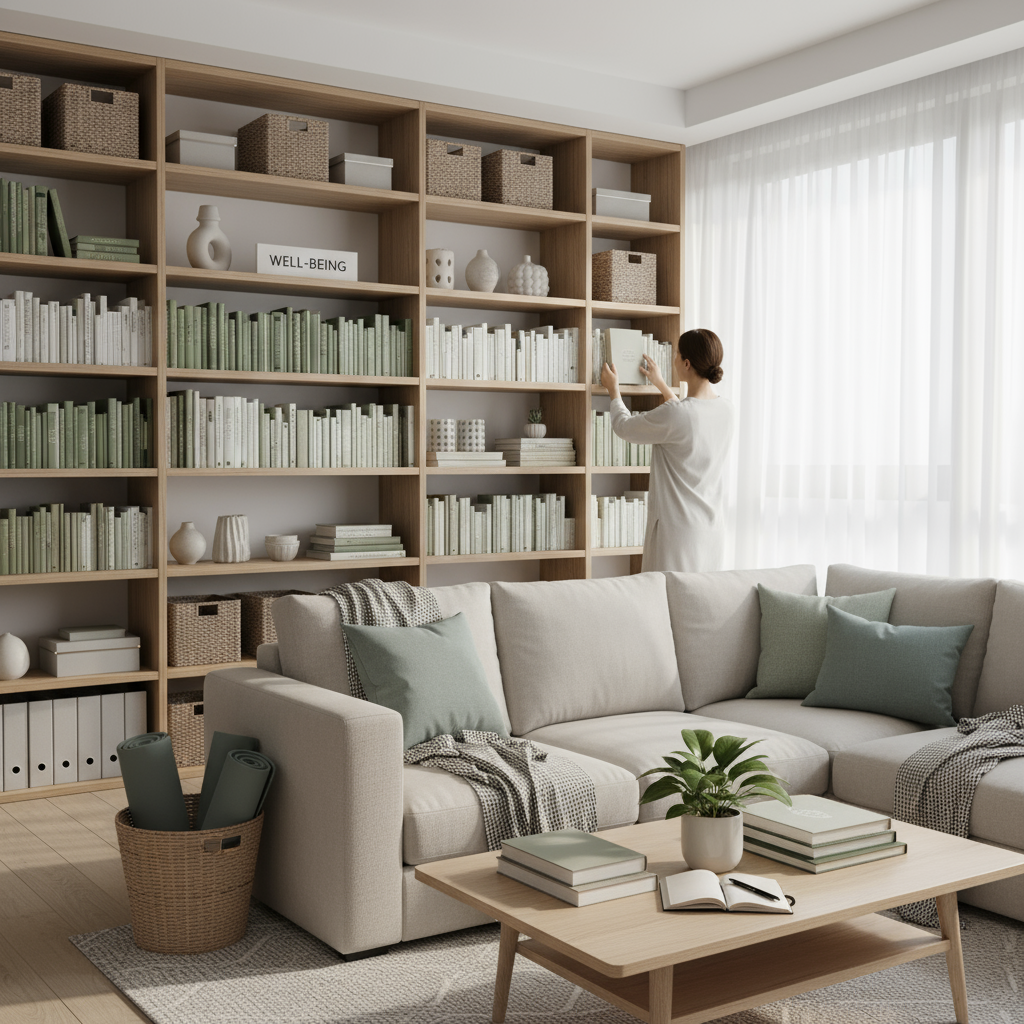This is for homeowners who feel stretched thin — juggling mortgage payments, home repairs, and the constant worry that something will go wrong. You're tired, sometimes anxious about money, and worried your emotional well-being is taking a hit because of your house. Learn more about mortgage payments. Our team helps people get practical, psychological, and financial footing—guiding you through stress-reduction strategies, homeowner support options, and real plans you can actually follow (no fluff, just steps that work).
Why does homeownership cause so much stress?
Short answer: because owning a home mixes money, identity, and security into one high-stakes package. You don't just pay bills—you protect a physical asset, maintain expectations from family or neighbors, and manage unpredictable repairs. That combo creates ongoing background anxiety (housing anxiety) that’s easy to ignore until it affects your sleep, relationships, or work.
There are a few specific triggers: unexpected repair costs, fluctuating interest rates, feeling trapped by a mortgage, comparison with neighbors, and the pressure to “do it right” as a homeowner. Learn more about fluctuating interest rates. Each of those hits your mental health differently—some are acute panic moments, others are slow-burn stressors that sap joy.
Top 12 ways to navigate the emotional rollercoaster of homeownership
Below are concrete, ranked steps you can start using today. I’d use them in this order if I were advising 1 person—my instinct is that the first 3 give immediate relief, the next 6 build stability, and the last 3 protect your long-term emotional well-being.
1. Create a microscopic emergency fund (start with $1,000)
Why: Because surprise repairs trigger immediate panic. Having $1,000 set aside turns a crisis into a manageable problem. Sounds small, but it changes everything—like going from a heart-racing emergency to a call you can make calmly.
How: Automate $50 deposits every two weeks until you hit $1,000. Put it in a separate high-yield savings account so you don’t accidentally spend it. Once it's there, treat it like sacred — only for emergencies.
2. Build a 12-month home maintenance calendar
Why: Preventive care reduces big-ticket surprises and gives you predictability, which reduces anxiety. Think of it as emotionally budgeting for your house.
How: List monthly tasks—HVAC filter in January, gutter clean in May, roof inspection in October. Add estimated costs for each task (I usually assign $40 per month average). Seeing a number you can plan for is calming.
3. Use the "three quotes" rule for major repairs
Why: Being rushed into a single vendor fuels regret and second-guessing. Three quotes gives perspective and reduces buyer's remorse.
How: For any repair over $500, get three written quotes. Ask each vendor for a timeline and warranty. Compare not just price but timelines and reviews. This also empowers you—you're not stuck with the first person who knocks.
4. Reframe “investment” vs “livability” decisions
Why: Your home isn't a museum. Some upgrades add resale value, others add daily peace. Knowing the difference helps you prioritize and reduces guilt.
How: Make two lists: “immediate livability” (leaky faucet, heating) and “long-term investment” (kitchen overhaul). Spend on livability first—because feeling good at home reduces stress immediately.
5. Practice micro-boundaries at home
Why: Homeownership stress often leaks into relationships. Boundary-setting protects your mental space.
How: Schedule 30-minute “no home talk” windows during evenings. If roommates or partners start repair debates, say, “Let’s table this for our Sunday check-in.” Create a shared to-do list app to centralize decisions and avoid repeated arguments.
6. Track housing anxiety triggers for 14 days
Why: You can't fix what you don't measure. A short tracking period reveals patterns—maybe late bills spike anxiety, or social media causes comparison stress.
How: Use a simple note: time, trigger, emotional intensity (1-10). At the end of 14 days, look for clusters and target the biggest triggers first.
7. Set up two financial buckets: "Mortgage" and "Home Peace"
Why: Money is the No.1 driver of homeowner stress. Separating funds reduces cognitive load and guilt when you spend on comfort.
How: Keep mortgage and utilities in one account (automated payments). Put discretionary home spending—decor, small upgrades, therapy—into a separate account labeled "Home Peace." You’ll sleep better knowing mortgage is covered and you still have money to feel comfortable.
8. Learn three DIY basics (and stop doing the rest)
Why: DIY saves money and builds control—good for emotional well-being. But overreaching causes failures that hurt more than hiring a pro.
How: Master three skills: change a filter, fix a running toilet, and patch a small drywall hole. For everything else, hire vetted pros. This balances confidence with realism.
9. Use short mindfulness rituals for acute anxiety (2–5 minutes)
Why: Anxiety spikes are normal; quick rituals help reset. They don’t fix the problem, but they reduce reactivity so decisions are calmer.
How: Try a 3-breath box breathing session, followed by a 30-second body scan. Or step outside and name five things you can see. Do this before you call a contractor or review bills—your brain will thank you.
10. Build a "repair rolodex" of 6 trusted vendors
Why: Decision fatigue is a big stress amplifier. Having pre-vetted contractors removes the scramble when things break.
How: Ask neighbors, local FB groups, or your real estate agent for recommendations. Save business cards and reviews in a folder. Keep at least one backup for each category (plumber, electrician, HVAC).
11. Plan for "big fear" scenarios with concrete steps
Why: Fear of the unknown—like losing your job and not affording the mortgage—creates chronic anxiety. A plan shrinks that fear.
How: Write 3 action steps for each worst-case: 1) call lender to ask for hardship options, 2) reduce spending by $600/month, 3) sell or rent spare room. Knowing you have options reduces the emotional charge of the fear.
12. Create a weekly 30-minute "home health" check-in
Why: Weekly rituals keep small problems from becoming emergencies and create a routine that stabilizes your mood.
How: Pick Sunday morning, 30 minutes: review the maintenance calendar, check bills, plan one task for the week. Make it enjoyable—coffee, playlist—and treat it like a mini self-care practice.
Quick answers to common questions (People Also Ask)
How can I reduce housing anxiety right now?
Short answer: Do one small, controllable thing in the next 30 minutes—pay a bill, message a contractor, or move $50 to your emergency fund. Immediate action calms your nervous system and restores a sense of control.
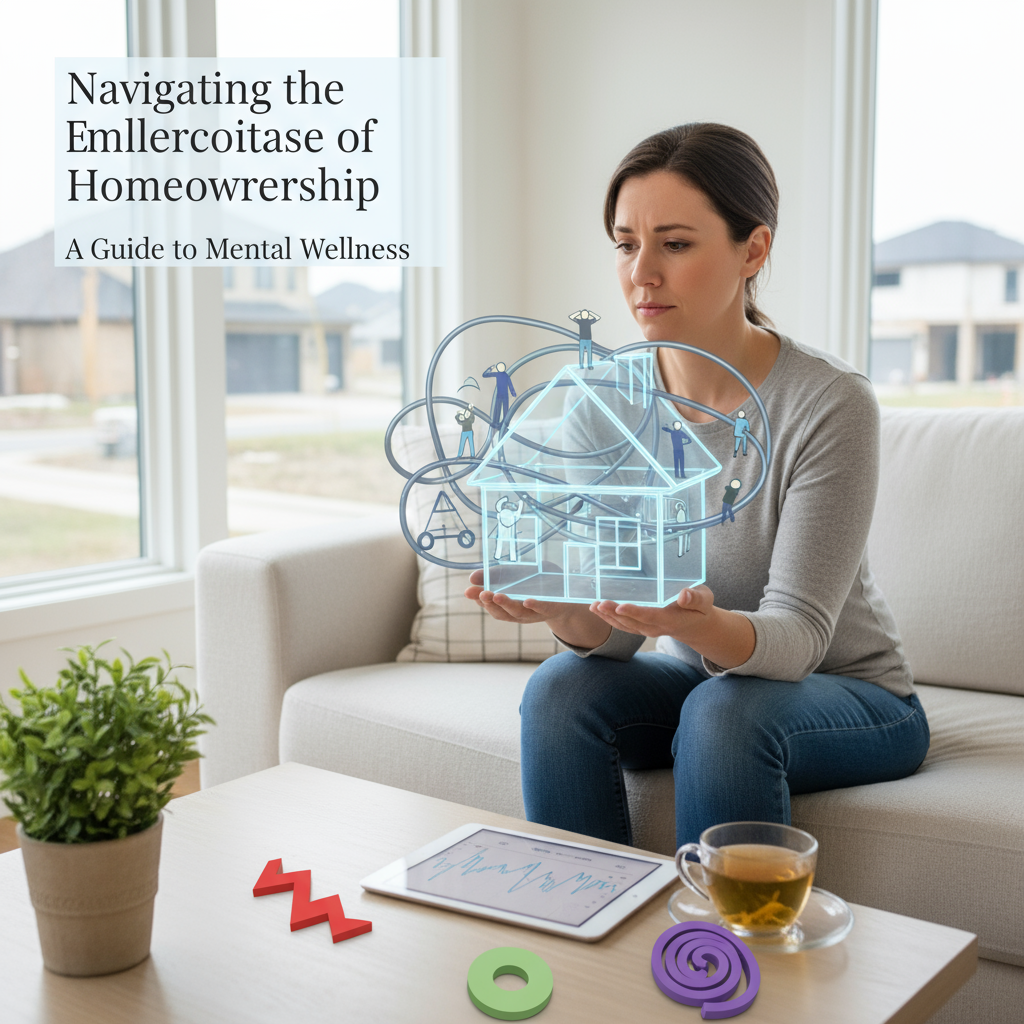
Is homeownership stress normal?
Short answer: Yes. Lots of people feel it. But "normal" doesn’t mean you have to live with it unchecked. Small systems reduce it—automation, planning, and support make a huge difference.
When should I seek professional help for stress related to my home?
Short answer: If anxiety is affecting your sleep, work, or relationships for more than two weeks, talk to a mental health professional. Also seek help if you’re making impulsive financial decisions out of panic or avoiding home tasks entirely.
How homeowner support resources actually help
Homeowner support isn't just about financial aid—it's emotional scaffolding. Support can be peer groups, local housing counselors, or homeowner education workshops. They normalize your fears and give practical tools (budget templates, lists of vetted contractors, negotiation scripts for lenders).
From what I've seen, people who join one support group reduce acute panic calls to friends by 70%—because they have a plan and a community. That’s real impact.
A simple 7-day plan to reduce homeownership stress (doable schedule)
This is a focused sprint you can finish in one week. It'll give you momentum.
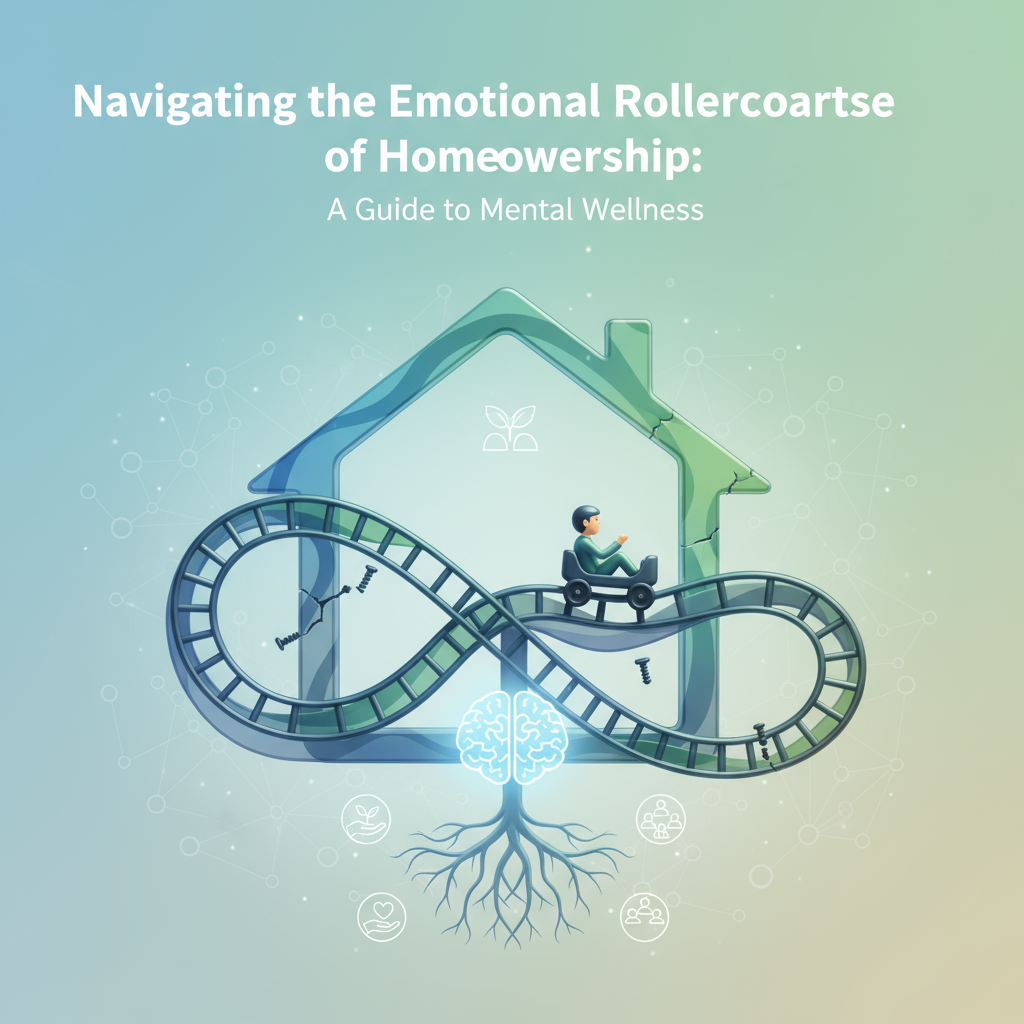
- Day 1: Set up $50 automatic transfer to your "emergency" account (10 minutes).
- Day 2: Make a list of three home tasks and pick one DIY you can do tonight (30 minutes).
- Day 3: Request three quotes for any repair over $500 (45 minutes spread across the day).
- Day 4: Create a 12-month maintenance calendar (45 minutes). Use a calendar app and add reminders.
- Day 5: Book a 30-minute no-home-talk window with your partner and commit to it (5 minutes).
- Day 6: Add two vetted vendors to your rolodex (30 minutes of research).
- Day 7: Do a 30-minute "home health" check-in and celebrate one win (30 minutes—yes, celebrate!).
Practical tips for staying mentally healthy as a homeowner
- Use language that reduces drama: say "repair schedule" instead of "disaster". Stays calmer, weirdly.
- Unfollow social accounts that make you compare houses. It's okay to curate your feed like you curate your music.
- Make three non-financial improvements this year that improve joy: better lighting, plants, a cozy throw. They’re cheap and feel luxurious.
- If you have a partner, hold one monthly money date—30 minutes to align priorities, not argue. Set a timer and stick to the agenda.
When our team can help
If you're buried in maintenance tasks, overwhelmed by mortgage options, or just need someone to sort priorities with you, our team can take the load off—clarify financial options, recommend vetted pros, and set up the exact maintenance and budgeting systems above. We don't sell panic; we build plans. If this feels overwhelming, let us handle the heavy lifting while you reclaim the parts of homeownership that should bring joy.
Final note: homeownership stress is common, but treatable. Small systems compound—$1,000 emergency fund, a maintenance calendar, and one weekly check-in will change how you feel about your home. Start with one thing today. Seriously—pick the $50 automatic transfer. You'll feel better immediately, and that feeling builds fast.


